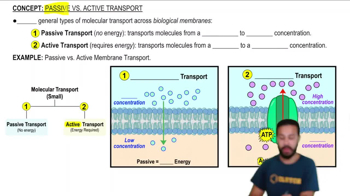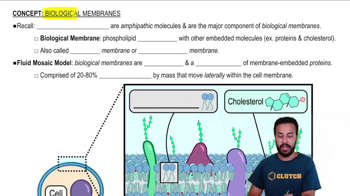Textbook Question
The reactivity of an atom arises froma. the average distance of the outermost electron shell from the nucleus.b. the existence of unpaired electrons in the valence shell.c. the sum of the potential energies of all the electron shells.d. the potential energy of the valence shell.
2283
views






